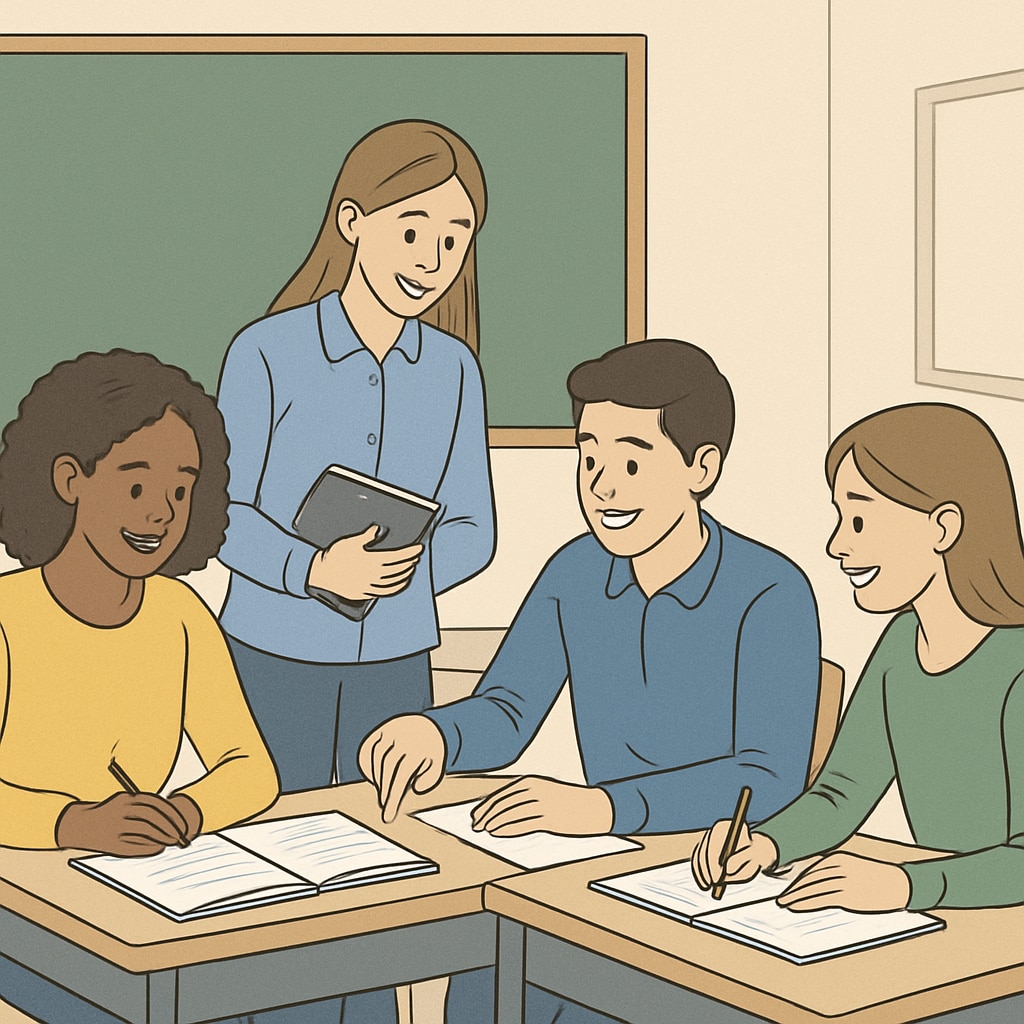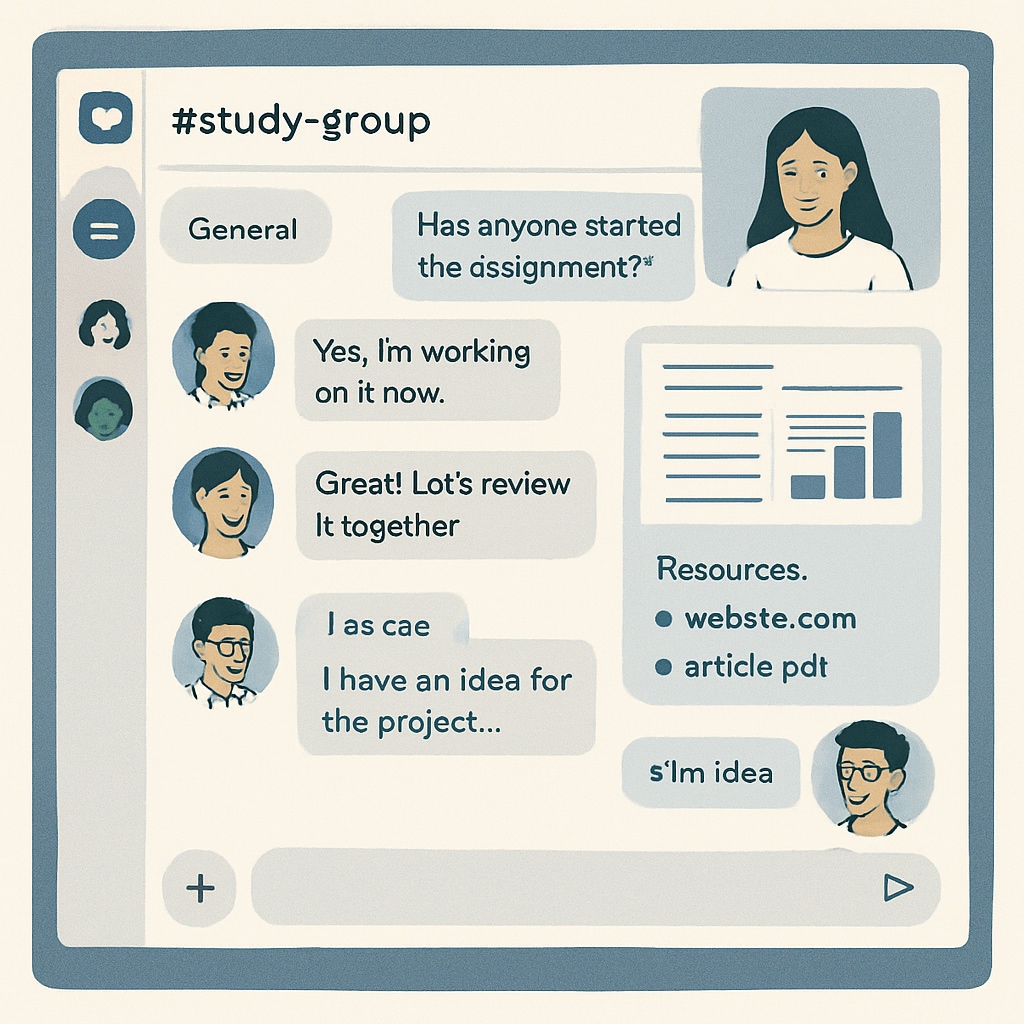In today’s rapidly evolving educational landscape, learning communities, including study groups and online platforms like Discord at UH (University of Houston), serve as critical tools for developing students’ social and collaboration skills. By engaging in structured group activities and leveraging digital communication channels, students prepare for the challenges of higher education and professional environments. This article explores the significance of learning communities in K12 education and highlights their potential to transform the way students connect, collaborate, and grow.
The Role of Learning Communities in K12 Education
Learning communities are groups of students organized for shared educational goals. These communities allow students to work together, exchange ideas, and offer mutual support, fostering a sense of belonging and teamwork. In K12 education, the importance of collaboration is emphasized as a key skill for future success. For example, participating in a study group helps students learn to delegate tasks, resolve conflicts, and collectively solve problems. These are invaluable skills both in academia and the workplace.
Moreover, platforms like Discord, originally designed for gamers, are now gaining traction in educational settings. Discord provides students with tools for real-time communication, file sharing, and collaborative project management, making it an ideal space for virtual learning communities. The University of Houston (UH) has seen students utilize Discord to host study sessions and group discussions, creating a dynamic and inclusive learning environment.

How Learning Communities Foster Social and Communication Skills
One of the most significant benefits of learning communities is their ability to nurture social and communication skills. When students interact regularly in study groups or online platforms, they learn to articulate their thoughts, listen actively, and respect diverse perspectives. These interactions encourage empathy and build confidence, preparing students to engage effectively in broader social and professional contexts.
Discord, for instance, supports voice and video calls, enabling students to practice verbal communication in real-time. These features allow students to refine their ability to express ideas clearly and collaborate on shared tasks. Additionally, using these tools in an academic context mirrors the collaborative technologies often used in professional settings, giving students a head start in adapting to future workplace demands.

Preparing Students for Higher Education and Beyond
Learning communities not only enhance K12 education but also serve as a stepping stone to higher education and professional success. Universities like UH actively encourage the formation of study groups and online communities, recognizing their role in easing the transition to college life. These groups help students develop critical thinking, problem-solving abilities, and time management skills essential for thriving in demanding academic settings.
Furthermore, the collaborative skills gained through participation in learning communities are directly applicable to the workplace. According to a study by the Encyclopedia Britannica, soft skills such as communication, teamwork, and adaptability are among the most sought-after qualities by employers. By fostering these abilities early, learning communities prepare students to excel in their future careers.
Implementing Effective Learning Communities
To maximize the benefits of learning communities, educators and institutions can take several steps:
- Encourage participation: Teachers can promote study groups by assigning collaborative projects and recommending platforms like Discord for communication.
- Provide resources: Schools can offer guidelines on effective group dynamics and provide access to tools that facilitate collaboration.
- Monitor progress: Educators can periodically assess the effectiveness of learning communities and offer constructive feedback to improve outcomes.
As a result of these efforts, students gain the skills necessary to succeed both academically and professionally, creating a foundation for lifelong learning and collaboration.
In conclusion, learning communities, whether through study groups or online platforms like Discord, are revolutionizing K12 education. By cultivating collaboration, communication, and social skills, these communities prepare students for the complexities of higher education and the workforce. Institutions like the University of Houston exemplify the transformative potential of these spaces, demonstrating that the future of education lies in connection and teamwork.


